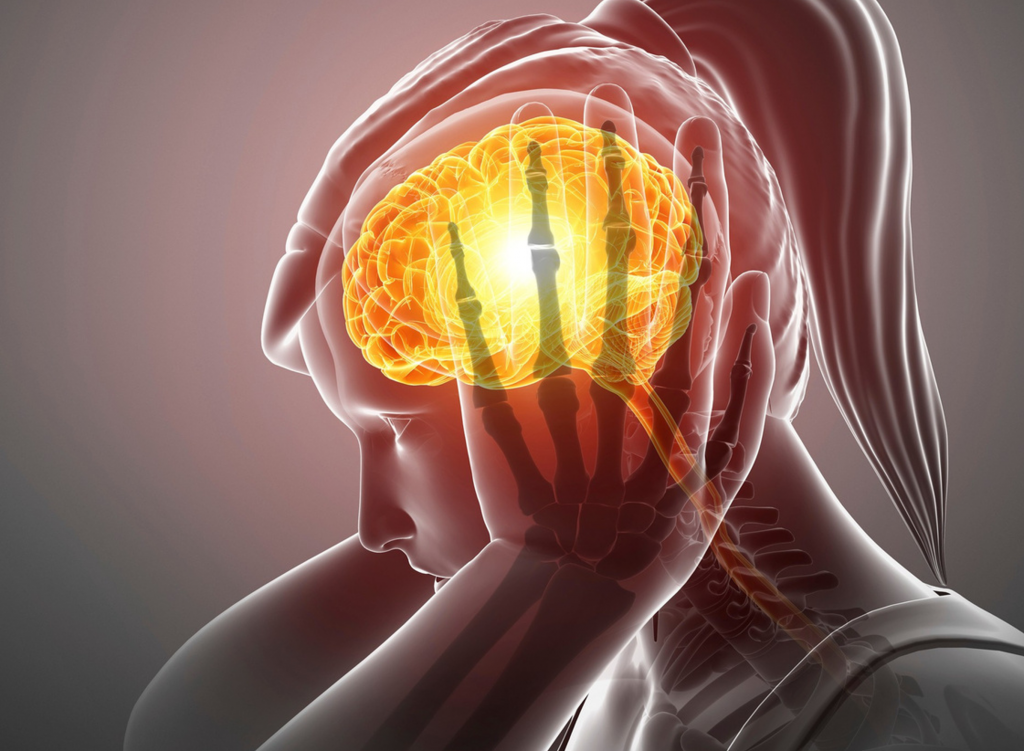Details on Mental Tennis Coaching :
Mental Tennis Coaching has become a major part of the evolution of tennis today. It is not yet sufficiently developed. I propose to accompany you based on the most recent scientific research and their applications in the field for more than ten years of teaching at the best levels.
Mental Tennis Coaching is :
- A mental checkup of a player
- Coaching training
- Coaching of one or two players
- Others
Three levels of Coaching Tennis Mental :
1- On the sports field.
a. Working on cognitive attentional processes :
i. Binding (for example combining technique and tactics: finding the right type of ball to get back to the ground as well as possible with an optimized technical gesture).
ii. Switching process (change the setpoint. Example: After three long balls in rhythm in the diagonal, play short-cross, then play once in two topspin and long in the diagonal and short-cross.
iii. Etc. There are many different attention processes that are worked on
on the field.
b. Working on cognitive processes in connection with :
i. Technique : a « poor » technique requires more attention skills.
ii. Physical : a the substantial mental work on the field would lead to a drop in physical performance (preliminary study Franck Brocherie (Insep) & Philippe Rémy). A good physical training would be the basis of a good mental training.
iii. Tactical: a deep knowledge of tactical patterns results in a lean demand on mindfulness processes.
c. In summary :
The goal of mental training on the pitch is to increase the tactical approach, mental plasticity, memorization and attention skills of the players. These qualities are necessary for better performance in a match. This training can start very young with the competitors by being adapted to their level of play and their age. For the high level of competition, this training is fundamental because the whole game depends on it.
2 – Stress management before the Match :
Stress or the anticipation of stress leads to a decrease in the capacity of explicit memory (score, tactical patterns, thinking about breathing well between points and changing sides, thinking about looking at the ball, etc.).
You have to work upstream on the preparatory attention, which takes a long time to settle before a match. You have to clear your mind with full breaths, anticipate behaviors by visualizing them, eat regularly…
3 – Psychological interviews allow for mental :
a. To check the different awareness of the players about their game (mental,
technical, physical, tactical, etc.).
b. To check the various psychological difficulties or the possible cognitive
alterations in competitive players.
Demande de renseignements – Veuillez remplir, s’il vous plait, le questionnaire suivant. Merci.
